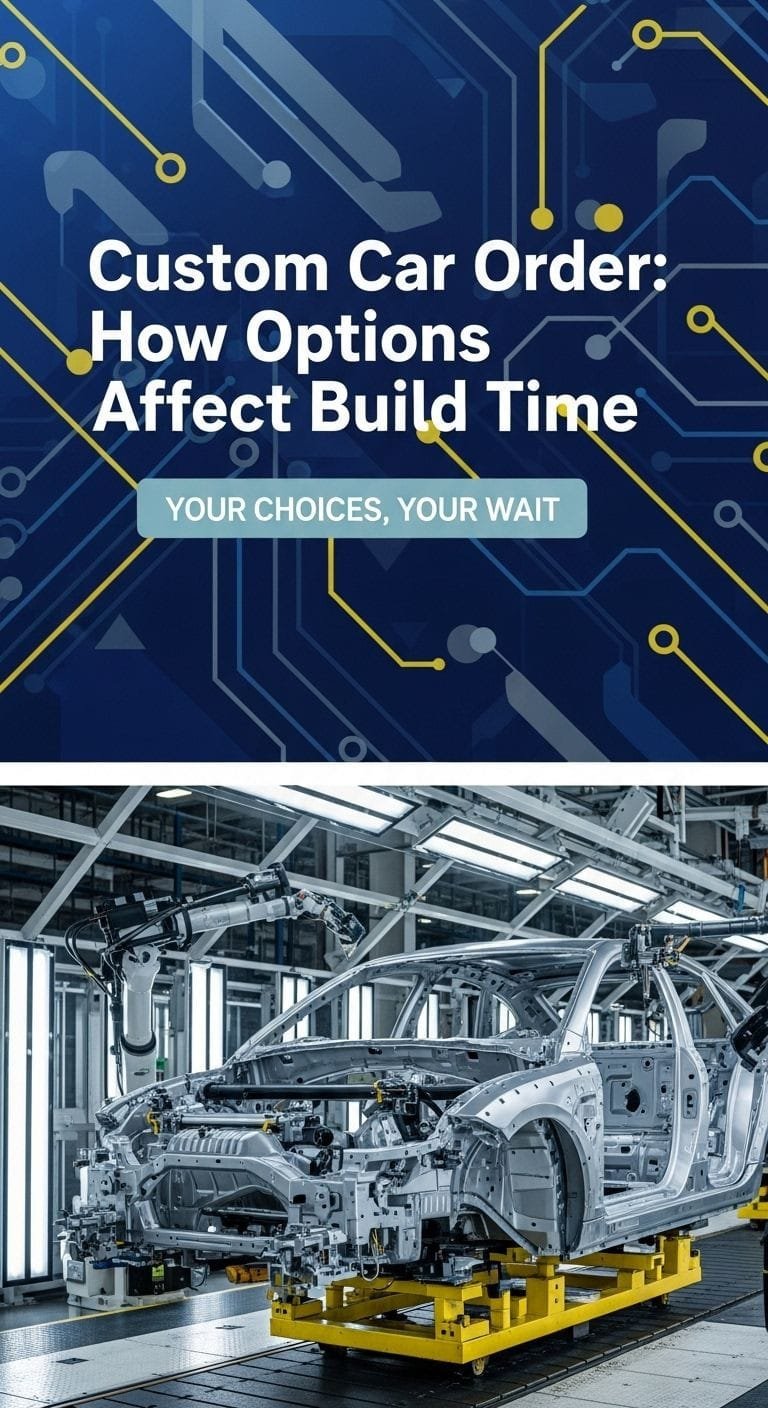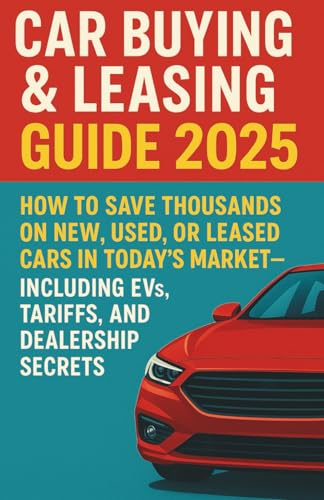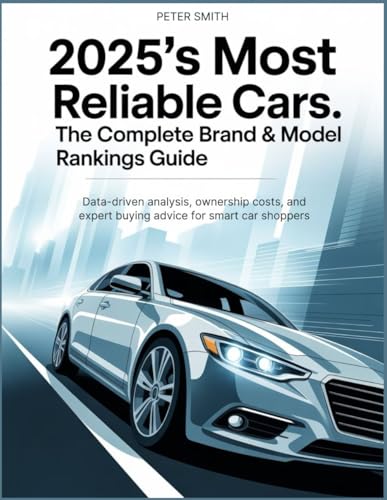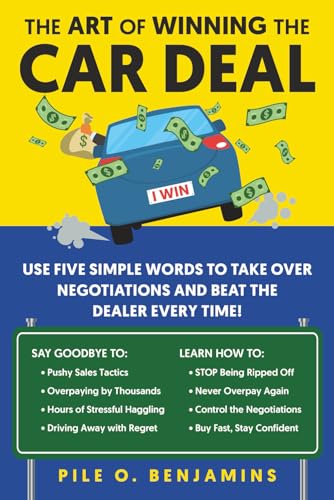You’ve spent hours on the manufacturer’s website, building your dream car down to the last detail. The perfect color, the upgraded sound system, the rare interior trim—it’s all yours. But have you considered what happens after you click ‘submit’? You are about to enter the world of the custom car order, a process filled with excitement but also a significant question: will specifying exactly what you want get the car to you any faster?
No, choosing more options for a custom car order typically extends the build time rather than shortening it. Highly customized builds require unique parts, more complex assembly line scheduling, and specialized attention, all of which slow down the production process compared to building standard, high-volume configurations.
Leveraging extensive analysis of available data and established manufacturing patterns, this guide unpacks the critical factors that influence your new car’s wait time. We will demystify the process, from dealer allocations to supply chain realities, to help you effectively navigate the journey of a custom car order. This guide will explain why more choices usually mean a longer wait and what a realistic timeline truly looks like.
Key Facts
- Complexity Increases Wait Times: Highly customized vehicle builds with many special options take longer to produce due to the need for specific parts and more complex assembly processes, as noted by industry analyses from sources like Paul Sherry Chrysler.
- Average Wait Expectation: According to data from Kelley Blue Book, approximately one in three consumers who factory-order a vehicle expect the delivery to take about 10 weeks.
- Typical Delivery Range: Most customers receive their factory-ordered vehicles within 6 to 12 weeks, though this is an estimate and can vary significantly based on numerous external factors.
- Model Impact on Timelines: Ordering a newly redesigned model, like the 2022 Tundra, or one with a high-demand powertrain, such as the 2022 Sienna hybrid, almost always results in a longer wait due to production ramp-ups and component backlogs.
- Dealer Priority System: Customer-placed orders are typically assigned “Priority 1” status by the manufacturer. This means they may take precedence over cars a dealer orders for its own lot, potentially getting built sooner than a standard stock vehicle.
Custom Car Orders Explained: Why More Options Often Mean a Longer Wait
The allure of a factory order is undeniable. You get to bypass the compromises of buying off the lot and spec your vehicle exactly to your tastes. You choose the engine, the color, the wheels, and every single feature without paying for things you don’t want. It’s the ultimate car-buying experience. But as you finalize that perfect build, a critical question emerges: But does all that personalization come with a shorter wait? The common assumption is that giving the factory a precise list of what you want should streamline the process. Unfortunately, the reality of modern auto manufacturing is the exact opposite. This guide will provide a clear, data-backed answer to that very question, explaining the intricate dance between customization, logistics, and your final delivery date.
The Core Question: If You Choose More Options, Do They Build Your Car Faster?
Let’s tackle the central query head-on: is the car order more you choose faster they build? The answer, based on all available manufacturing and dealership data, is a definitive no. In fact, the relationship is inverse: the more you customize, the longer you will likely wait.

The fundamental principle of mass production is efficiency through standardization. Every unique option you select, from a special-order paint color to a specific technology package, introduces a variable that can disrupt this streamlined flow.

Here is exactly why adding more options slows down the build of your car:
- Parts Sourcing: Standard models use parts that are ordered and stocked in massive quantities. A rare interior trim or a specific performance package might require parts that aren’t kept on hand and must be sourced from a different supplier, adding logistical delays.
- Assembly Line Complexity: An assembly line is choreographed for speed. A vehicle with non-standard options may need to be temporarily pulled from the main line for specialized work or routed to a different part of the factory, interrupting the standard build sequence.
- Specialized Labor: Some options require installation by specially trained technicians. If your car needs this kind of attention, it has to wait for that team to become available, creating a bottleneck.
- Quality Control: Unique combinations of features may require additional quality checks to ensure everything integrates and functions perfectly, adding another step to the end of the process.
Pro Tip: Think of it like a restaurant. A standard menu item comes out fast. A special request with multiple substitutions takes the kitchen longer to prepare. Your custom car is that special request.
Beyond Options: The Key Factors That Dictate Your Car’s Build Time
While the complexity of your custom car order is a major factor, it’s far from the only variable influencing your wait time. Your vehicle’s final delivery is determined by a combination of your chosen configuration, the specific model’s popularity, ongoing supply chain issues, and your dealer’s place in the allocation queue. Understanding these elements is crucial for setting realistic expectations.
Quick Fact: High demand for a specific model can create a backlog even before your custom car order is placed. The 2022 Sienna with its standard hybrid powertrain is a prime example of this effect, where high popularity significantly extended wait times for all buyers.
Here’s a breakdown of the key factors and their impact:
| Factor | Description | Impact on Your Wait Time |
|---|---|---|
| Model & Configuration | The specific vehicle, its powertrain, and how new the design is. | High. New/redesigned models (like the 2022 Tundra) and those with unique components (like the Sienna hybrid) face longer waits. |
| Global Supply Chain | The availability of crucial components, most notably microchips. | Very High. As noted by multiple industry sources, a shortage in a single key part can halt production lines, delaying thousands of vehicles. |
| Market Demand | How many other people want the same car you do. | High. Popular models often have a long queue of existing orders, meaning your new order starts at the back of a long line. |
| Dealer Allocations | The number of build slots the manufacturer gives your specific dealership each month. | Medium. A high-volume dealer gets more slots and can place your order sooner. A smaller dealer may have you wait for their next available slot. |
Factor 1: The Specific Model and Configuration You Choose
Not all cars are created equal on the assembly line. The model you choose has an inherent production timeline attached to it, completely separate from the options you add. Some vehicles have been in production for years with a highly efficient, streamlined process. Others are brand new, facing the inevitable teething problems of a fresh launch.
- Potentially Faster Models: Established models with few recent changes often have a smoother and more predictable production flow. The factory has ironed out the kinks, and parts supply is stable.
- Potentially Slower Models: As seen with the redesigned 2022 Toyota Tundra and the hybrid-standard 2022 Toyota Sienna, ordering a new or significantly updated model almost always results in a longer wait. Factories are still ramping up, and unforeseen issues can cause delays. Likewise, models with unique powertrains that rely on specific, high-demand components can create a bottleneck for the entire production line.
Factor 2: The Global Supply Chain and Market Demand
You aren’t ordering your car in a vacuum. Massive, global economic forces have a direct and significant impact on when you’ll get your keys. The two biggest external factors are the supply chain and simple market demand.
The most prominent example of this is the global microchip shortage. A modern vehicle can contain over 1,000 semiconductor chips, controlling everything from the engine to the infotainment screen. As a report from Cars.com highlighted, a lack of these chips brought many production lines to a crawl. No chips = no car, regardless of how simple or complex your order is.
Beyond parts, there’s the human element. Think you’re the only one who wants that model? High public demand can extend wait times for everyone in line. If a car receives rave reviews or goes viral online, a backlog of orders can build up in weeks, pushing your delivery date further and further out.
Factor 3: Your Dealer’s Role, Allocations, and Order Priority
The dealership you work with is more than just a place to sign paperwork; they are your crucial link to the factory. How they operate and their standing with the manufacturer can influence your wait time.
This is where the concept of “allocations” and “priority” comes in, a key insight noted by experienced buyers. Here’s how it generally works:
- Monthly Allocations: Each month, the manufacturer grants a specific number of build slots to each dealership. A large, high-volume dealer in a major city will get more slots than a small, rural one.
- Placing Your Order: You configure your car with the salesperson. They then submit this order to the manufacturer, attempting to claim one of their allocated slots.
- Achieving “Priority 1”: According to insider discussions, a confirmed customer order is typically assigned “Priority 1” status in the factory’s system.
- Bumping the Line: This “Priority 1” status means your order may take precedence over a car that the dealer was just ordering for its own stock (known as a “dealer spec” vehicle). This is one of the few ways the ordering process can potentially work in your favor time-wise, but it’s dependent on the dealer having an available slot to assign your order to.
Pro Tip: Ask your salesperson about their current allocation of build slots for your desired model. This can give you a rough idea of where you are in the queue.
What’s a Realistic Wait? Understanding Average Timelines
So, with all these variables in play, how long will you actually be waiting for your custom car order? While it’s impossible to give a precise date, we can look at industry data to set a realistic baseline. Your final delivery time is a moving target, but the averages provide a solid starting point for your expectations.
Data from established automotive sources gives us a clear window into typical timelines:
- A Common Benchmark: According to a study by Kelley Blue Book, about one-third of consumers who choose to factory-order their vehicle expect the delivery to take approximately 10 weeks.
- A General Range: Analysis from Paul Sherry Chrysler, a dealership that handles many factory orders, suggests that most of their customers get their custom-ordered vehicles within 6 to 12 weeks.
Does a potential 3-month wait fit your personal timeline? This is a key factor in deciding whether to order or buy from the lot. It’s crucial to view these figures as educated estimates, not guarantees. A supply chain hiccup or a surge in demand for your specific model could easily extend that 12-week estimate.
To make your car buying journey smoother, consider exploring some top-rated car buying guides. These resources can provide invaluable checklists, negotiation tactics, and financing tips to ensure you’re fully prepared for every step of the process.
FAQs About Custom Car Order Timelines
Navigating the world of factory orders can bring up a lot of questions. Here are direct answers to some of the most common queries buyers have about the process and timeline.
How long does it typically take for an ordered car to be built?
Most factory-ordered cars are built and delivered within 6 to 12 weeks, though this is only an estimate and can change based on the model, options, and supply chain status. Data from sources like Paul Sherry Chrysler and Kelley Blue Book converge around this 10-week average, but it’s essential to get a current estimate from your dealer based on the specific vehicle you want.
How does the ordering process for a car actually work?
You finalize your desired specifications with a local dealer, who then officially places the order with the manufacturer. The dealer remains your point of contact for updates and final delivery. Unless you’re buying from a brand that sells direct-to-consumer, your local dealership is your essential partner in this process, handling the submission and communication with the factory on your behalf.
Is it cheaper to order a car from the factory?
Not necessarily. While you avoid paying for unwanted features, there may be less room for negotiation on a custom order compared to an in-stock vehicle that a dealer is motivated to sell. A car sitting on the lot costs the dealership money, giving you leverage. A factory order is a guaranteed sale for them, which can sometimes mean you’ll pay closer to the sticker price.
Why does the process of buying a car at a dealership take so long?
The final purchase process at a dealership takes time due to multiple steps happening simultaneously, including financing paperwork, trade-in appraisals, and managers juggling multiple sales associates at once. As one insider noted, the desk manager you’re waiting on is likely working with your salesperson and five to ten others at the same time. Each deal involves a complex sequence of verification, credit checks, and legal paperwork that simply cannot be rushed.
Final Summary: Balancing Your Perfect Car with a Patient Wait
The answer to the question “is the car order more you choose faster they build?” is a clear and resounding no. The path to a custom-ordered vehicle is a trade-off: you gain ultimate personalization at the cost of time and patience. While getting a car built exactly to your specifications is incredibly rewarding, it requires understanding that complexity is the enemy of speed in manufacturing. By grasping the key factors—from your specific configuration and global supply chain issues to your dealer’s allocation status—you can approach the process with realistic expectations.
Here are the most critical takeaways to remember:
- Complexity Increases Wait Times: The single biggest rule is that more unique options, special paint, and non-standard features will almost always lead to a longer build time.
- Averages are Just Guides: Plan for a wait time in the 6 to 12-week range, but be prepared for that to change. This is an estimate, not a guarantee.
- External Factors Matter: Your order doesn’t exist in a bubble. Global parts shortages and high market demand for your chosen model are powerful forces that are completely out of your control but have a huge impact on your delivery date.
Armed with this knowledge, you can now confidently decide if the wait for a bespoke vehicle is worth it for you. You can have a more informed conversation with your dealer and know the right questions to ask about allocations and current lead times. Happy building
Last update on 2026-01-14 / Affiliate links / Images from Amazon Product Advertising API










![What Car Is Chevy Bringing Back in [year]? New Lineup Revealed 18 What Car Is Chevy Bringing Back in [year]? New Lineup Revealed](https://carxplorer.com/wp-content/uploads/2026/01/What-Car-Is-Chevy-Bringing-Back-in-year-New-Lineup-Revealed-1-1-60x60.jpg)